FREEDOM OF EXPRESSION
Censorship Costs Turkey 43,000 Euro at ECHR
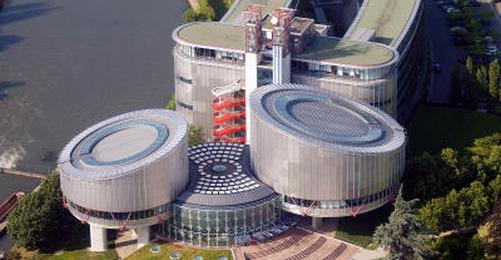
The European Court of Human Rights (ECHR) sentenced Turkey to a total fine of slightly more than € 43,400 in compensation in two cases concerned with one-month bans of five newspapers and the punishment of criticism related to prison operations respectively.
The applicants were journalists from Gündem, Yedinci Gün, Haftaya Bakış, Yaşamda Demokasi and Gerçek Demokrasi newspapers and owner and editor-in-chief of the monthly Yeni Dünya İçin Çagrı ('Call for a new world') magazine Aziz Özer.
Turkey protects Anti-Terror Act, ECHR bases conviction on it
The 20 applicants claim a violation of freedom of expression and that Turkey did not fulfil the responsibilities evolving from the European Convention on Human Rights. In both cases the ECHR unanimously decreed on 26 January that a violation of article 10 on freedom of expression had occurred.
Istanbul High Criminal Courts had suspended the publication of the five newspapers mentioned above for one month each between October and December 2007. The bans were issued on charges of "spreading propaganda for the PKK", the illegal Kurdistan Workers' Party, and were based on article 6/2 last paragraph of the Anti-Terror Law (TMY).
The ECHR once more handed down a sentence referring to article 6/2 last paragraph of the TMY, which provides the possibility to silence newspapers for up to one month. Against the opinion of 10th President Ahmet Necdet Sezer, the Constitutional Court did not perceive the TMY as contrary to the Constitution.
ECHR: Such penalties are redundant in democratic societies
The courts did not leave it with the publication bans. Furthermore, newspaper executives Lütfi Ürper, Ali Turgay, Hüseyin Aykol and Hüseyin Bektaş were facing imprisonment in the trials opened against them.
Özer was tried before the Beyoğlu (Istanbul) High Criminal Court for criticizing prison operations carried out in December 2000, leaving almost 30 inmates dead. In the magazine's February issue in 2001, the journalist described the operations as "barbaric attacks". On 20 February 2001, the Beyoğlu Magistrate Criminal Court seized that month's issue of the magazine.
"In order to determine interferences with the right to freedom of expression and to decide whether these are compatible with the Convention, it was not sufficient for them to be prescribed by law and to pursue legitimate aims. They also needed to be "necessary" in a democratic society", the ECHR reasoned the decision.
ECHR: publication ban means censorship
Regarding the full publication ban imposed on the newspapers, the ECHR declared: "This went beyond any necessary restraint and amounted to censorship". Concerning the publications in Özer's magazine about the prison operations, the ECHR indicated that they were "of great interest to public opinion". The court stated that "the limits of permissible criticism are wider with regard to the government than in relation to private citizens".
The ECHR awarded € 1,800 in compensation for non-pecuniary damage to each newspaper employee, together with €2000 for cost and expenses. In the case of Özer, Turkey was sentenced to reimburse the magazine owner for the fine he paid, namely €423. Additionally, the court awarded Özer € 3000 in compensation for non-pecuniary damage and another € 2000 for cost and expense.
On 20 October 2009, the ECHR handed down another heavy compensation fine to Turkey regarding 26 employees of Ülkede Özgür Gündem, Gündem, Güncel and Gerçek Demokrasi newspapers. (EÖ/VK)
BİA MEDIA MONITORING REPORT 2024
The government made journalists' lives a living hell in 2024
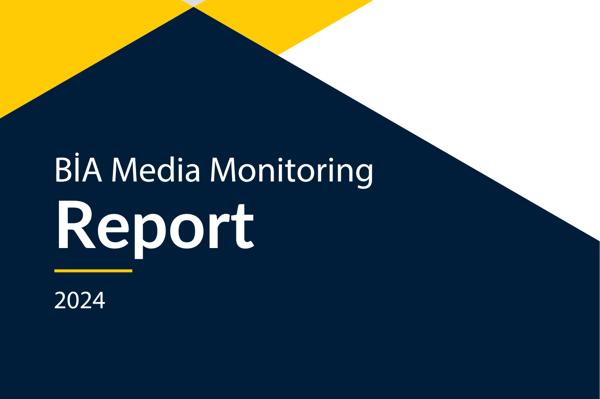
BİA MEDIA MONITORING/OCTOBER-NOVEMBER-DECEMBER 2024
Truth concealed through repression from all sides targeting journalists
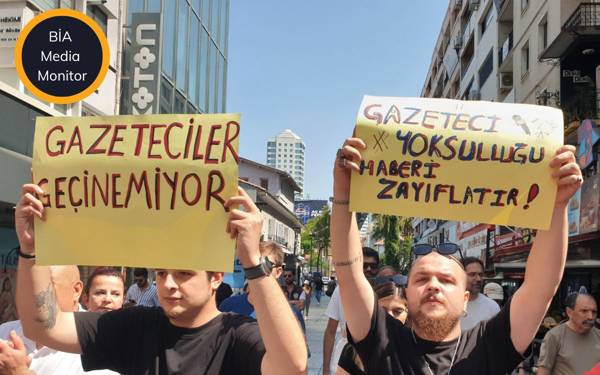
BİA MEDIA MONITORING REPORT
Just silence the journalist, and I won't touch you!
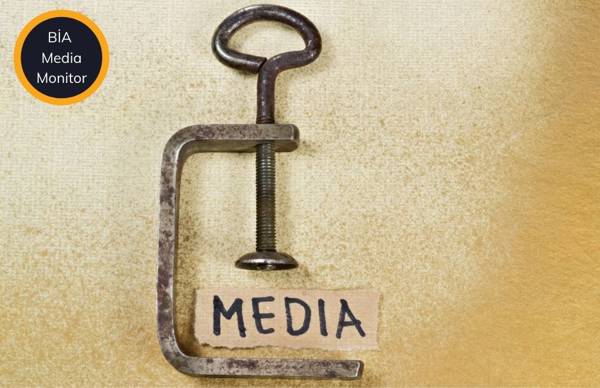
BİA MEDIA MONITORING APRIL-MAY-JUNE 2024
Journalists are on the target and have no legal security anymore!
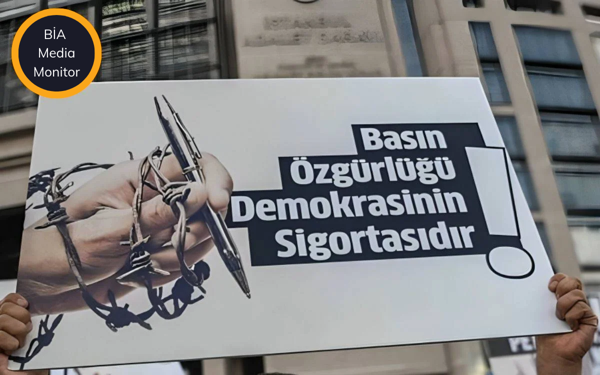
BİA MEDIA MONITORING REPORT
The era of 'judicial control' confinement and torture in journalism












